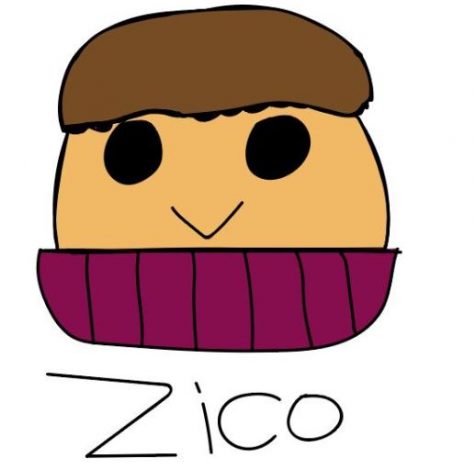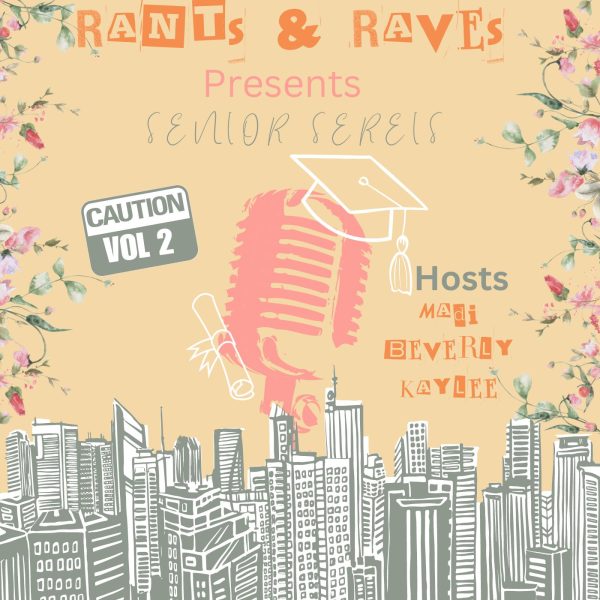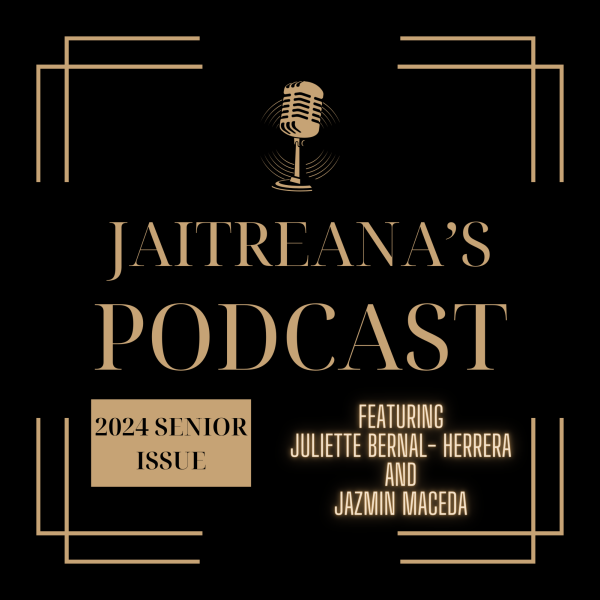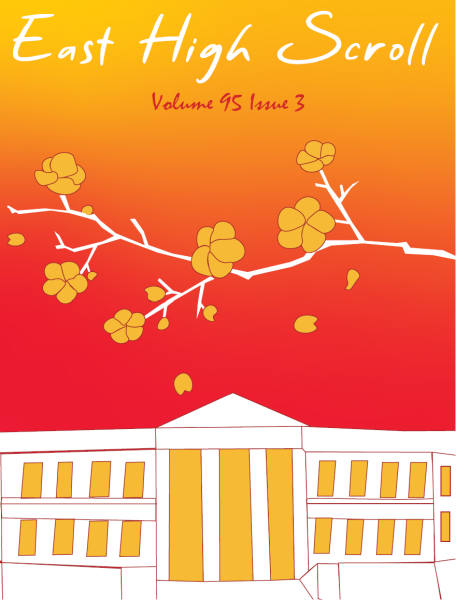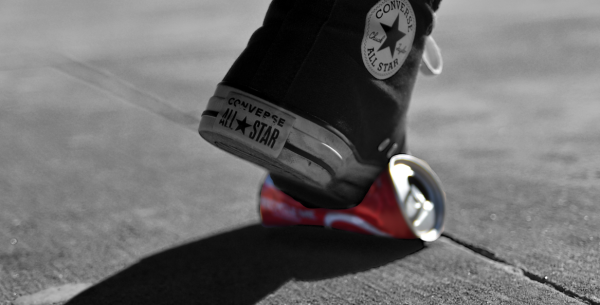Racism & Cultural Appropriation in K-pop
An in depth look an at K-pop idols problematic behavior
March 4, 2020
You’re in your room after a long day at school. You’re tired, your shoulders hurt, and you’re overall just done with the day and could really go for some music. You think, why not try K-pop? It’s all the rage right now, so might as well try it. You find a song that seems promising and listen to it. After that, you see a very interesting video pop up on YouTube titled “Racism and Cultural Appropriation in K-pop”. Assuming it must be clickbait (false video titles that make people click on it), you go to Twitter to investigate further. It takes some time to get through the sea of fans obsessing over their favorite idol for you to find any real information. After what seems likes hours, you find out the truth, there is racism and cultural appropriation (taking another races culture as your own) in K-pop videos and songs.
What is K-pop? K-pop, or Korean pop, is a form of music performed by mostly Korean artists. Over the years, this genre of music has gained a massive following. One of these popular K-pop groups is called BTS.
“They have lyrics that mean something. They talk about how they are going to get old and not stay but they will always be there,” freshman Aaron Luonge said.
If you look carefully in the music video for his song ‘Tough Cookie’ K-pop artist Zico is seen wearing a confederate flag, while at the same time trying to copy the stereotypical style of African American rappers. Technically, Zico can be considered a K-hip hop artist. K-hip hop artists are Korean artist that make, sing, and perform Korean hip hop songs.
There is a name given to people who try to emulate or steal cultures of others by using stereotypes: culture vultures. Being a culture vulture can be considered racist because in order for you to try and copy another person’s race you have to first believe and act upon those stereotypes. This is dangerous because it only feeds into negative assumptions about people because of their race.
The reason wearing a confederate flag is considered racist is because of its past. The confederate flag was used during the Civil War, and it was for the side that wanted to keep African Americans as slaves. Some people try to defend the confederate flag because it has historical value, but the history is extremely racist.
“Ultimately, it’s a battle flag. It’s a sign of hate, it’s a sign of the tarnishment of our country,”East High 20th century world history teacher Andrew Ried said.
Another example of a K-pop artist trying to copy stereotypes of black people is K-pop artist Jessi. She has a history of trying to speak like a sing slang commonly found in black culture sound like a black person, tanning herself to the point where she looks black, and using the line “diamonds blue like a Crip, yah” in her song “Drip”. Crips are an African American gang that is known for wearing blue. There isn’t any way to try and talk like a black person without giving in to stereotypes and spreading these harmful assumptions.
“I’m kind of sad because K-pop artists are supposed to be role models in South Korea,” Luonge said.
This type of imagery can lead people to believe that their favorite idols are associated with a gang that has caused hundreds of deaths.
“I’m disappointed because there’s so many idols who’ve done cultural appropriation,” junior Evelynn Way said.
Although the artist mostly likely drew their inspiration from America, it shouldn’t be accepted. Not only was this an ignorant lyric, it could have been possibly dangerous for Jessi. A Crip could possibly have a negative reaction to finding out that a popular singer is trying to copy and associate themselves with their gang, even though she has no actual connection to them.
“K-pop artists shouldn’t express themselves like that,” sophomore Jessica Perez said
Artists companies, such as Jessi’s labels P nation and YMC Entertainment, can be blamed for letting them or even encouraging them to try and copy the style of African Americans and gangs.
